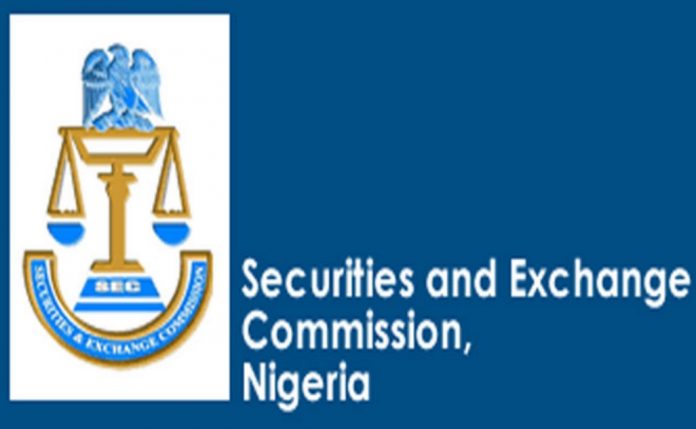The Securities and Exchange Commission, SEC, is the apex regulatory body for Nigeria’s capital market. It, however, operates under the supervision of the Federal Ministry of Finance. The Securities and Exchange Commission, like other exchange commissions, regulates the operation of capital market transactions, ensuring that the relevant rules are complied with.
The business of capital formation and mobilisation is at the root of economic development, which is why every economy wants to develop its capital market. Capital markets drive capital mobilisation and allocation to businesses, in the push for economic growth. Through the capital market, companies and governments mobilise capital for investment, while offering opportunity to investors to seek profitable outlets for their funds. Because complex financial processes are often involved, and large numbers of investors participate, the need for guarding the mechanism for those transactions becomes apparent. Investors need to be protected, just as the process needs to be kept viable.
The SEC, as it is today, is the outcome of the Investments and Securities Act (ISA) No. 45 of 1999. However, its seed was actually sown in 1962, when the Capital Issues Committee, an arm of the Central Bank of Nigeria, was set up to evaluate applications from companies wanting to raise capital from the market and recommend for approvals. That committee transmuted to the Capital Market Commission in 1973 and the Securities and Exchange Commission in 1978, by virtue of Decree No. 7 of 1979. The Investment and Securities Act No. 45 of 1999 finally sought to broaden the operation of the Commission and refocus it for more impact on economic growth.
Responsibilities and Functions
The SEC broadly has the responsibility to regulate the capital market and ensure that investors are protected. That means ensuring that processes increasingly get transparent and that transaction rules are complied with.
It scrutinises parties that apply to operate in the capital market as market operators and licenses those considered suitable. Such operators include: issuing houses, securities dealers/stockbrokers, sub-brokers, registrars, trustees, capital market consultants, reporting accountants, solicitors and investment advisers etc.
Securities for issue to the investing public are also scrutinized and registered by the SEC. A party intending an issue must apply to SEC for approval. These include: Equities/shares, debentures/industrial loans, government bonds and collective investment schemes.
It is the SEC’s responsibility to license transaction floors and exchanges, including: Securities Exchanges (like stock exchanges), Commodities Exchanges and Capital Trade Points, Futures, Options and Derivatives Exchanges as well as Depository, Clearing and Settlement agencies.
Major financial transactions like mergers, acquisitions, takeovers and other forms of business combinations must also have the blessing of the Securities and Exchange Commission.
SEC has a monitoring role over the capital market. That role is to ensure fair practices that will advance the market and attract more investment inflow. It extends to ensuring good corporate governance for the quoted companies which, among other things, have a responsibility to deliver timely and reliable reporting to the investing public.


















